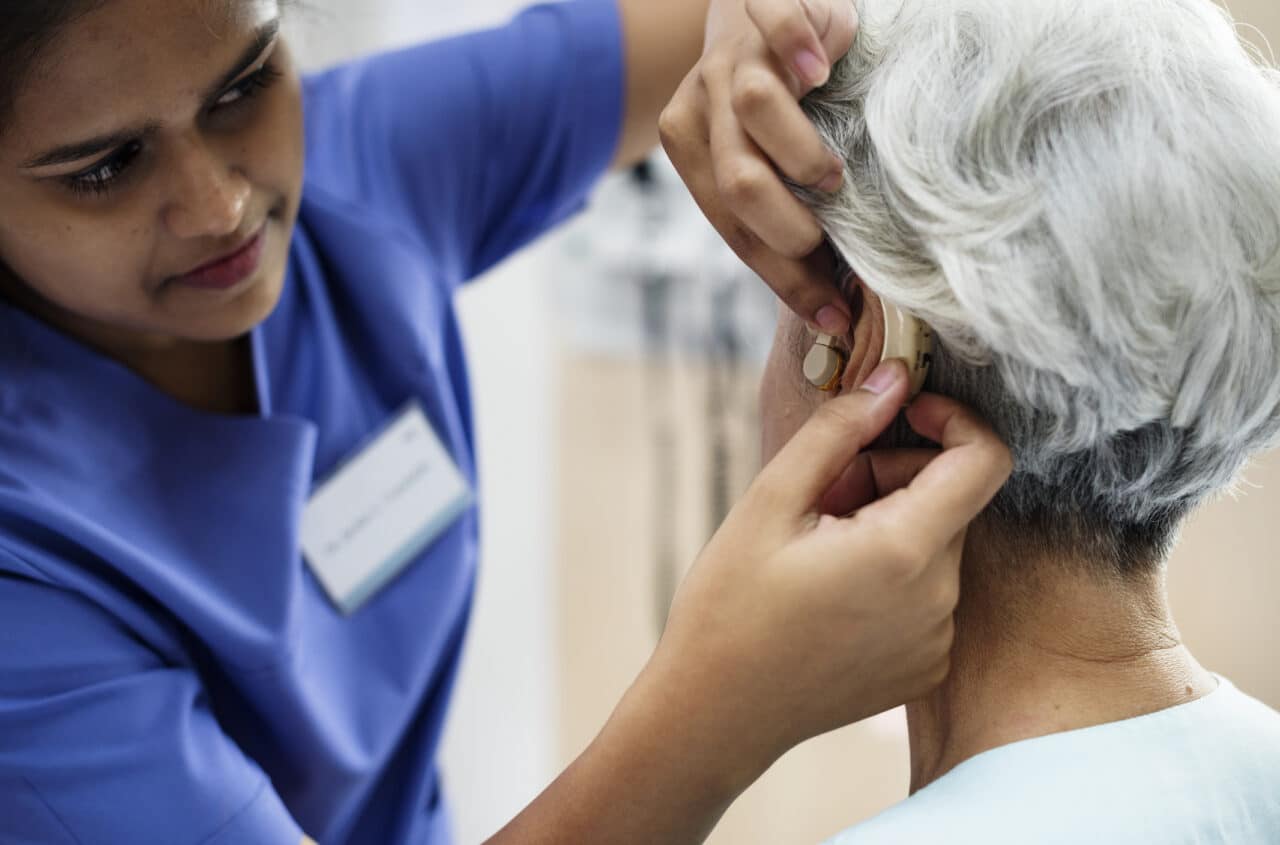Signed into law in 1990, the Americans with Disabilities Act (ADA) affords people with hearing loss certain protections under the law. Knowing your rights can help to ensure that your hearing needs are being met in various areas of life.
What the ADA Says About Communication Disabilities

The ADA requires that state and local governments, businesses and nonprofits that serve the public, to communicate effectively with people who have communication disabilities such as hearing loss. This is to “ensure that communication with people with these disabilities is equally effective as communication with people without disabilities.”
Making Areas More Accessible
In the past 30 years since the ADA was signed into law, the way we communicate rapidly evolved. Because of that, continuing accommodations have been made in terms of what technology is available to those with hearing loss. Let’s take a look at a few examples:
- Telephones. Even before the ADA, the 1988 Hearing Aid Compatibility Act required that all telephones (including cellphones) be compatible with hearing aids. Along with the Communications and Video Accessibility Act in 2010 which ensured that things like text messaging, e-mail, instant messaging, and video call services were accessible to people with disabilities. This means that the next time head to Indian River Mall to shop for a new phone, you’ll know that they’re required to have accessibility features to accommodate your hearing loss.
- Internet access. When it comes to internet access and the ADA, things are slightly murkier due to the fact that different judges have different opinions on whether or not “places of public accommodation” include virtual spaces like websites that don’t have a physical location. However, many states implemented their own rules that require things like pre-recorded audio and video to have closed captions/and or transcripts available for those with hearing impairments.
- In the workplace. Perhaps one of the biggest goals of the ADA was to ensure that Americans with disabilities were not prevented from working or earning a living. For people with hearing loss, this means providing reasonable technology like assistive listening devices like a captioned phone or specific computer software among other things.
Treating Your Hearing Loss
In addition to knowing your rights, one of the most important things you can do as an individual to make the world more accessible is to seek treatment if you have hearing loss. Devices like hearing aids and cochlear implants can help you stay connected and active at work, home and in the Vero Beach community.
If you need to schedule a hearing test or if you have any other audiological needs, call Aaron's Hearing Aid & Audiology Center today.
